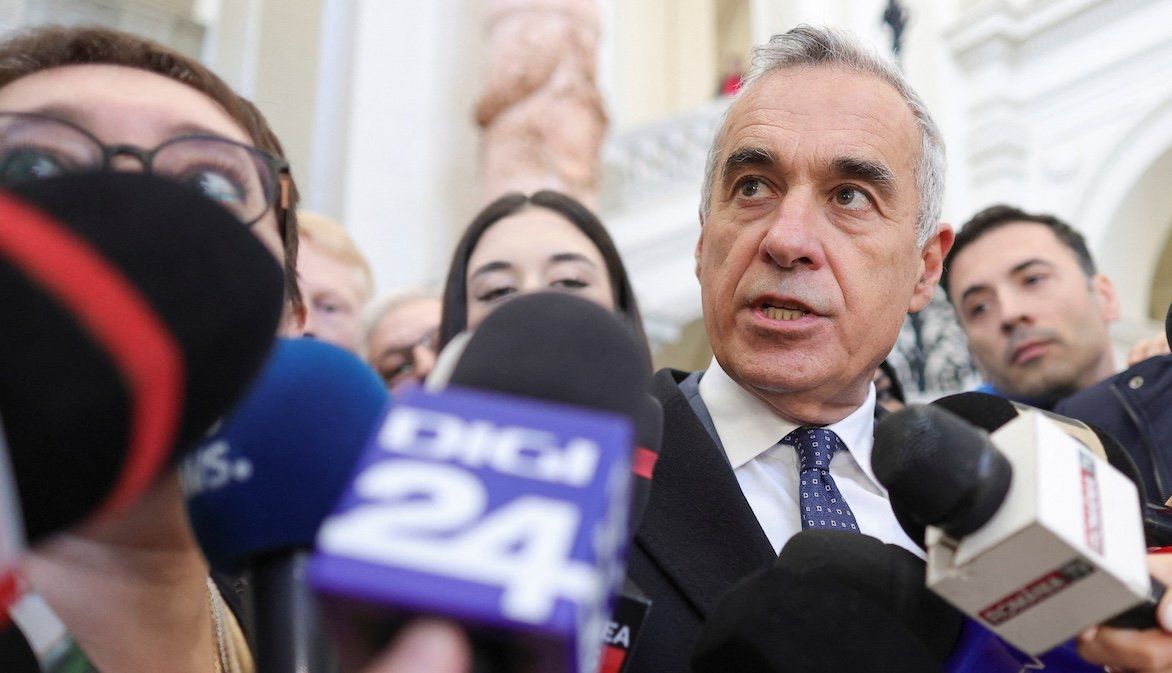Last November, a Romanian election generated shock headlines across Europe when an obscure pro-Russia, anti-vaccine populist named Călin Georgescu finished first in the initial round of voting. Authorities determined that his rise to sudden prominence was fueled by a well-financed, slickly produced campaign on social media platform TikTok – and they blamed the Russian government, so far without proof, for funding it.
The Romanian government then annulled the election result, drawing criticism from US Vice-President JD Vance during a controversial speech earlier this month on threats to democracy in Europe.
But Romanian authorities face a problem: They’ve annulled the election but haven’t yet found a way to annul Georgescu’s candidacy for the election re-run scheduled for May. Now that he is no longer obscure, he may not need alleged Russian backing to win.
On Wednesday, Georgescu was taken into custody by police as part of an investigation into possible violations of an anti-extremism law. His detention makes clear that over the next three months, Romania will be on the frontlines of the fight between hard-right populists and political establishments, many of them unpopular, across Europe.
